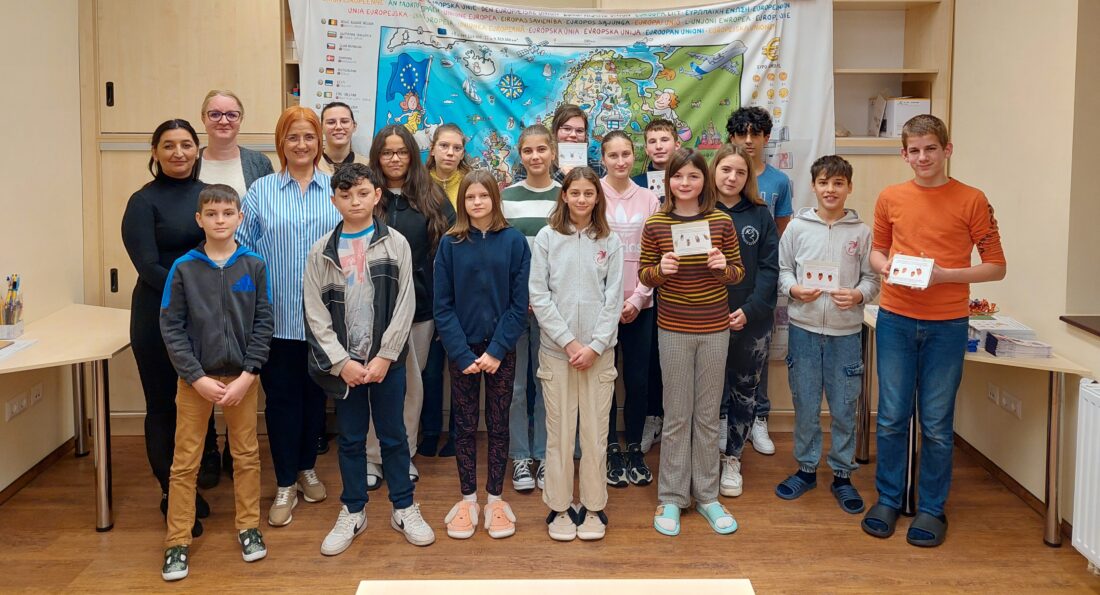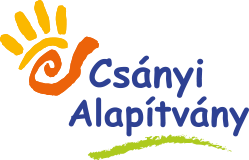
Christmas in Europe
In Europe, every country celebrates Christmas and the Advent season differently. Santa Claus goes by various names, New Year’s Eve and New Year are celebrated differently, and gifts are brought by different figures, at different times, with unique culinary and festive traditions.
On the afternoon of December 4, information about these topics flew around thanks to an interactive presentation by Barbara Kerner, head of the Europe Direct Baranya Information Center. The young members of Pécs Group 3 and Pécs Group 1 traveled around the countries of Europe in their imagination, learning about Christmas traditions, customs, dishes, and many interesting facts.
During the presentation, they learned, for instance, that in France, not every family sets up a Christmas tree, and even if they do, they don’t hang candy on it. The festive table often includes a filled sponge cake disguised as a log, and the tradition of eating the Galette des Rois—the “Cake of Kings”—is popular, combining the joy of eating and play. A porcelain figurine is baked into the pastry, and whoever finds it gets a crown. In Denmark, the celebration lasts all December, and children prepare rice pudding with cinnamon for the elves to keep them from causing mischief. They also learned that the tradition of setting up Christmas trees spread across Europe from Germany. In Hungary, Teréz Brunszvik, the founder of Hungarian kindergartens, set up the first Christmas tree in the 19th century. In Finland, communal Christmas sauna sessions are an essential part of the season, not only for their beneficial effects but also for their tradition. In Spain, the National Lottery’s Christmas draw excites the whole country, becoming a part of the festive tradition. Children sing the winning numbers, and regardless of whether one wins or loses, it’s a celebration for everyone.
The list could go on, but one thing that’s universal across Europe and the world is the emphasis on love, quality time with family, attention to one another, moments of calm, rest, and intimate reflection—a hallmark of this time of year.
After the presentation, Europe Direct interns surprised the children with fun activities, including Christmas-themed word searches and the creation of handmade Christmas cards wishing “Merry Christmas” in all the official EU languages. The program concluded with small gifts and traditional Hungarian szaloncukor (a type of Christmas candy).
We are grateful for yet another information-packed presentation that deepened the children’s understanding of the topic!
— Pécs Groups 1 and 3
Photos from the interactive afternoon are available in the Gallery.


